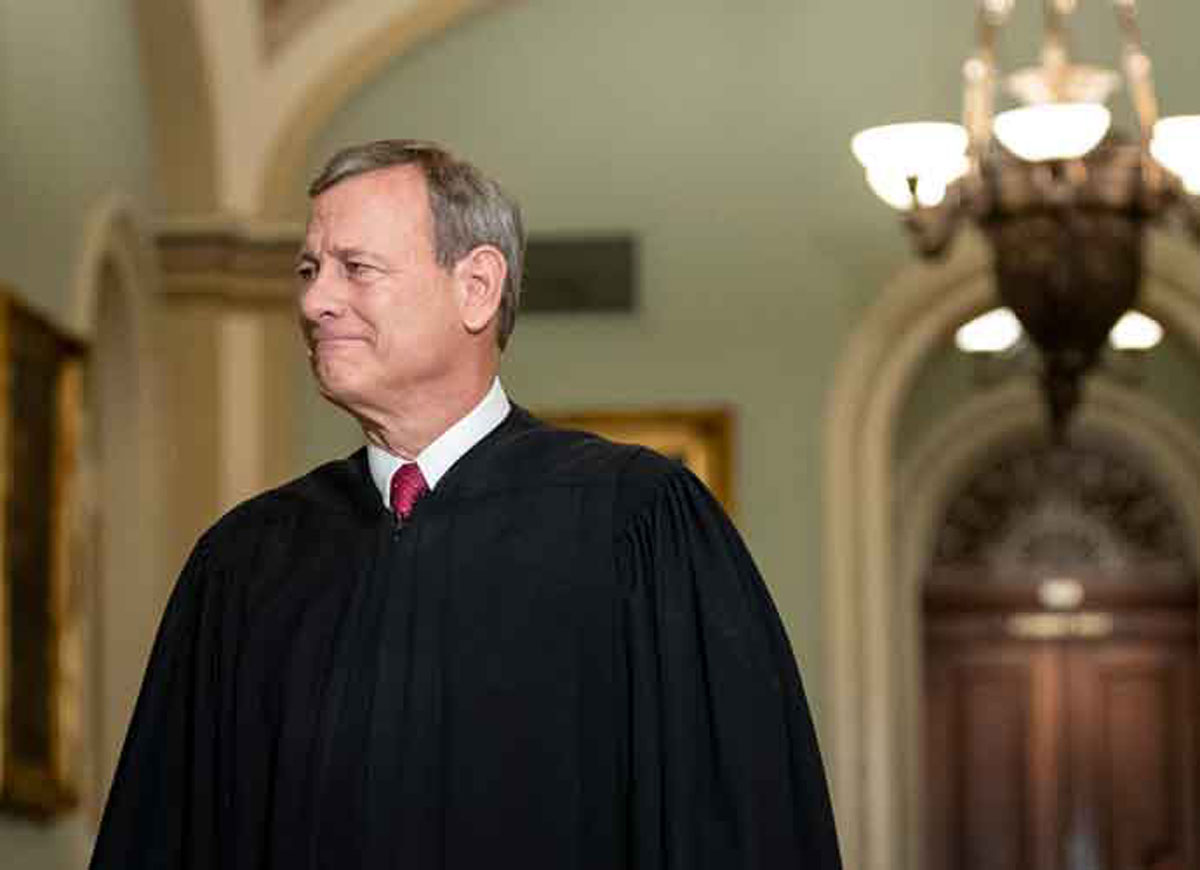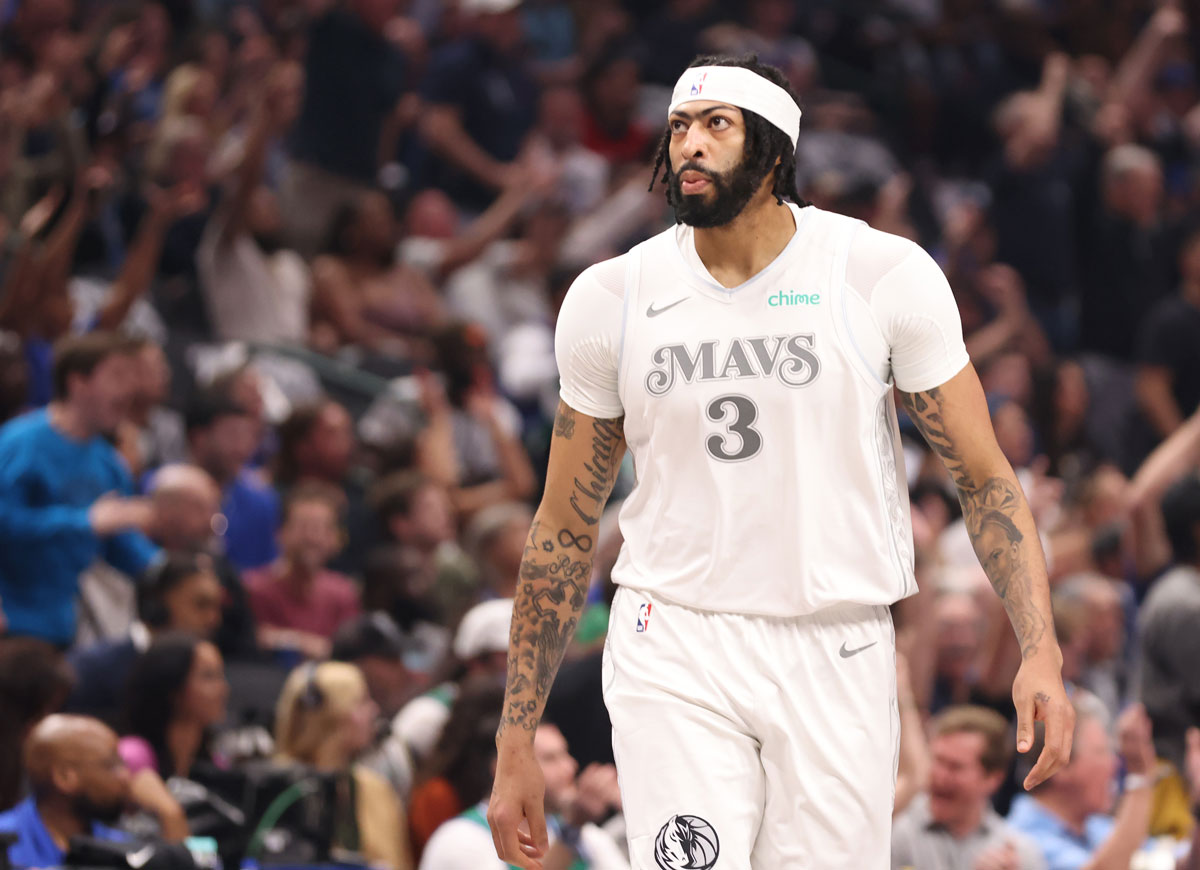The Appeal: Georgia's Most Wanted by Gucci Mane

3/5
If he's nothing else, Gucci Mane, the rapper, is consistently unboring: at his best, he captivates, exudes humor, energy and genuine menace, and at his worse, he just sounds a bit like Juvenile. As for how consistently entertaining his songs are, it's is a far more convoluted story, rendered so by a variety of factors but, mainly, the quality of the producers he has enlisted on a given track, whether he likes what he hears in his monitor and whether he cares if he doesn't. Like many rappers of his generation, the voluble Gucci Mane rose to prominence by overwhelming the market with an unremitting stream of mixtapes and independent releases, virtually hijacking a record deal in 2007. The sheer prolificacy of such up and coming artists necessitates a certain apathy towards presentation and production values because, at that stage in their careers, it is far more important that they create and proliferate a large body of work for the purposes of creating what could be termed brand awareness than concern themselves with what critics might think.
But, since old habits die hard, Gucci Mane's major label output suggests a love-hate relationship with "trying." Case in point: the first three tracks of Gucci's latest album, The Appeal: Georgia's Most Wanted, finds him languishing in tired gangsta clichés — even if Scarface really is his favorite movie, and even if he's not aware of how hackneyed "say hello to my little friend" references have become after twenty-eight years, the lack of imagination is inexcusable and feels insincere. But within a few seconds of the album's fourth track, Drumma Boy's "What's It Gonna Be," we find Gucci unleashing a heretofore untapped reserve of energy, with which he sustains the listener's interest for (most of) the album's remaining 45 minutes. His performance on "Making Love to the Money" could even be described as musical: though he's not a singer in the conventional sense, or even a particularly syncopated rapper, the highly melodic arrangement finds him making the most of his monotone instrument. And it's no coincidence that these are two of the strongest productions he's had the opportunity to rap over — equally entertaining are the Neptunes' always-pleasant anachronistic contribution, "Haterade," and the hypnotic "Brand New"– it would appear that some producers bring out the best in Gucci, while others merely deliver to him a product which, in turn, inspires him to produce his own with about as much enthusiasm.
Formulaic cookie cutter rap beats and cheesy film references are the least of the album's aesthetic near-misses: "Remember When," a ballad which painfully channels that latest chart-dominating outcrop of the urban contemporary genre, "Sentimental Disco," a Wyclef Jean collaboration, "ODog" seems like an earnest attempt at a genre-defying inspirational anthem, but doesn't work at all and also awkwardly references another movie almost as old as the artist, Menace II Society, "Grown Man" features a brilliant verse from Gucci but, all in all, comes off as pandering to the point of being condescending.
RELATED ARTICLES
Get the most-revealing celebrity conversations with the uInterview podcast!





Leave a comment